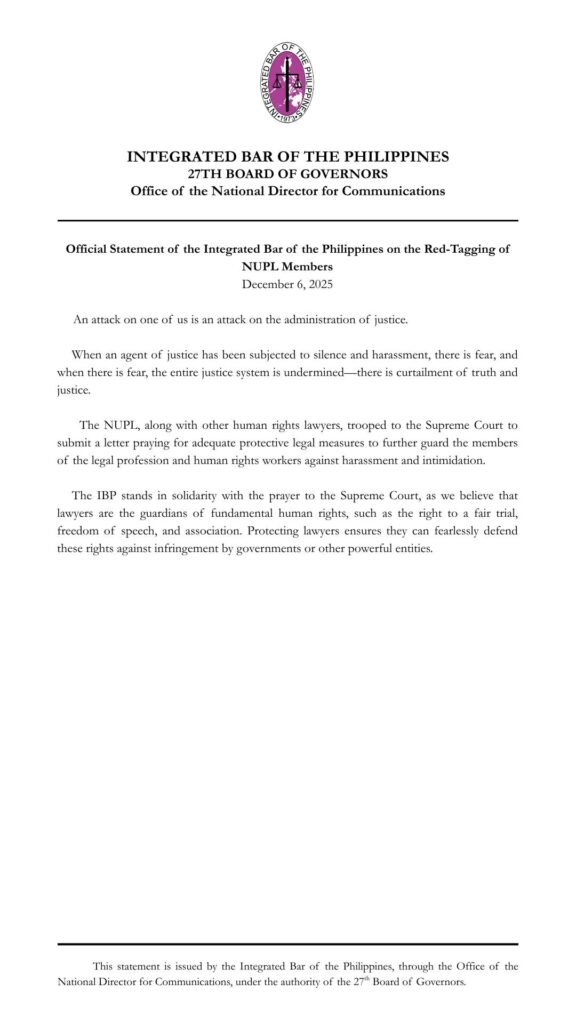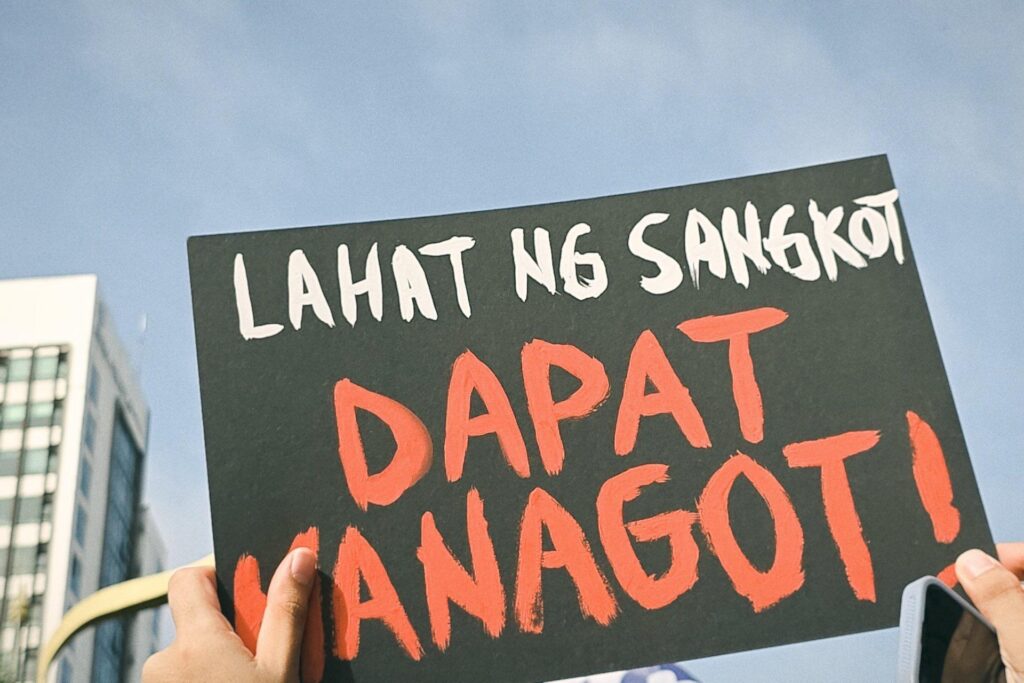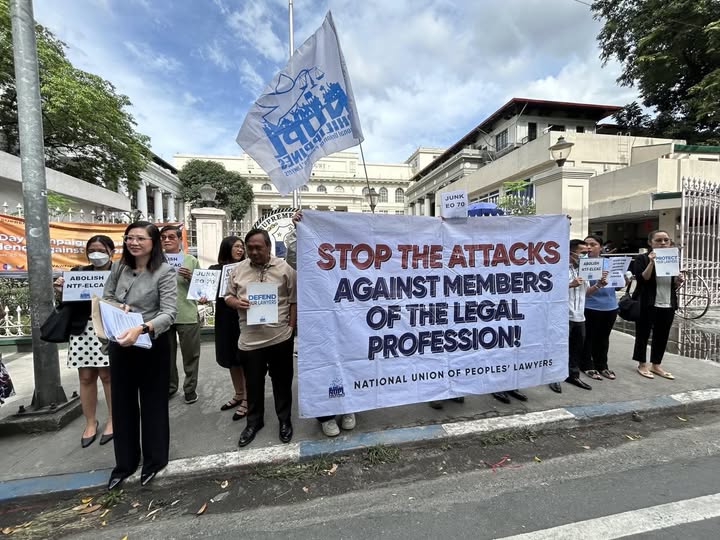📷Magsasaka partylist president Rep. Argel Cabatbat
DAYS after Executive Order No. 62 which effectively slashed taxes imposed on imported rice, farmers’ groups asked the Supreme Court to issue a temporary restraining order (TRO) in bid to stop its implementation.
In a 26-page petition, Magsasaka partylist president Rep. Argel Cabatbat, along with the Samahang Industriya ng Agrikultura, Federation of Free Farmers, United Broiler Raisers Association, and the Sorosoro Ibaba Development Cooperative urged the High Tribunal to declare EO 62 null and void and unconstitutional.
According to Cabatbat, EO 62 would adversely affect local farmers whom he claimed are at the losing end of the directive allowing a reduced tariff of 15 percent (from 35 percent) on imported rice.
Cabatbat explained that such a directive is under no circumstances a guarantee that the retail price of rice would go down – but would definitely translate to reduced price of locally-produced palay.
“Ang kinakatakutan natin baka naman mag-increase na naman ang suicide rates ng mga magsasaka so ito po iyong dahilan kaya nandito kami sa Supreme Court para mapigilan itong EO 62 dahil hindi ho bababa ang presyo ng bigas, bababa ang presyo ng palay hindi makikinabang ang mga consumers, malulugi ang mga magsasaka,” said Cabatbat.
EO 62, he added, would put the local farmers in a disadvantageous position as imported rice dealers are given the leverage to slash their price tags corresponding to the amount they saved from reduced taxes.
“The tariff cut on imported rice will further lessen chances of local farmers to survive in a market where consumers usually pick cheaper commodities to stretch their purchasing power.”
Citing an article posted on ABS-CBN news portal, Cabatbat lamented the sorry plight of Filipino farmers whom he said don’t have much left for the family after paying off loans to defray the cost of rice seeds, irrigation, pesticides, fertilizers, to name a few.
The groups also urged SC to come up with a status quo – or a Temporary Restraining Order, while deliberating the petition which had President Ferdinand Marcos Jr., Executive Secretary Lucas Bersamin, Secretary Arsenio Balisacan of the National Economic and Development Authority (Neda), and Tariff Commission Chair Marilou Mendoza as respondents.
After being informed about the petition against EO 62, the Department of Agriculture (DA) warned that deferring the implementation of reduced import duties on various products such as rice would delay the expected reduction in retail prices of rice in the local market.
“In general, if the Supreme Court grants the temporary restraining order, it is not good for our rice stocks because it will delay importation efforts of our private importers,” said Agriculture Assistant Secretary Arnel de Mesa in his capacity as spokesperson of the agency.
“And of course, if the request for a TRO is granted, the potential decrease in rice prices in the markets will also be delayed,” he added.
However, the petitioners insisted that EO 62 should be nullified in view of breach of the provisions under Republic Act 10863 (Customs Modernization and Tariff Act) to conduct an investigation and public hearings on the matter.
Under the “flexible clause” of the RA 10863, the Tariff Commission is required to investigate and hold public hearings to afford interested parties a “reasonable opportunity” to be heard before any recommendation is submitted to the President by the National Economic and Development Authority.
Prior to the issuance of EO 62, the petitioners said EO 10 already lowered the tariff for corn imports to 5 percent, while pork shipments were charged 15 percent and rice, 35 percent.
Similar executive orders that temporarily reduced the tariff on rice, corn, and meat products underwent the mandated consultations, investigation, and hearing, the petitioners said.
“As a matter of fact, the herein petitioners were duly notified and have actively attended and participated in the investigations held prior to the issuance of the said EOs,” it said.
The groups however warded off DA’s claim and insisted that no such consultation or hearing was ever held specifically on the reduction in the tariff on rice and other agricultural produce under EO 62.
The groups’ legal counsel Virginia Suarez said the petition was also filed because it violated the state policy under Article 12, Section 1, of the 1987 Constitution to develop a self-reliant and independent national economy.
“Lowering tariffs on products, specifically staple foods like rice and corn, poses significant challenges for local farmers. Lower tariffs can lead to an influx of cheaper imported goods, undermining domestic producers’ and farmers’ sales and products,” the petitioners said in their filing.
“This is clearly detrimental to the farmers, who may struggle to compete with the lower prices of imported products,” they added.
Suarez added that the policy violated the constitutional mandate to protect farmers from unfair competition and trade practices, as stated under Article XIII, Section 5, of the Constitution.
“This is a total sellout to our farmers. It’s like you depend on imported products for all our food. That’s wrong,” she said. (ANGEL F. JOSE)




